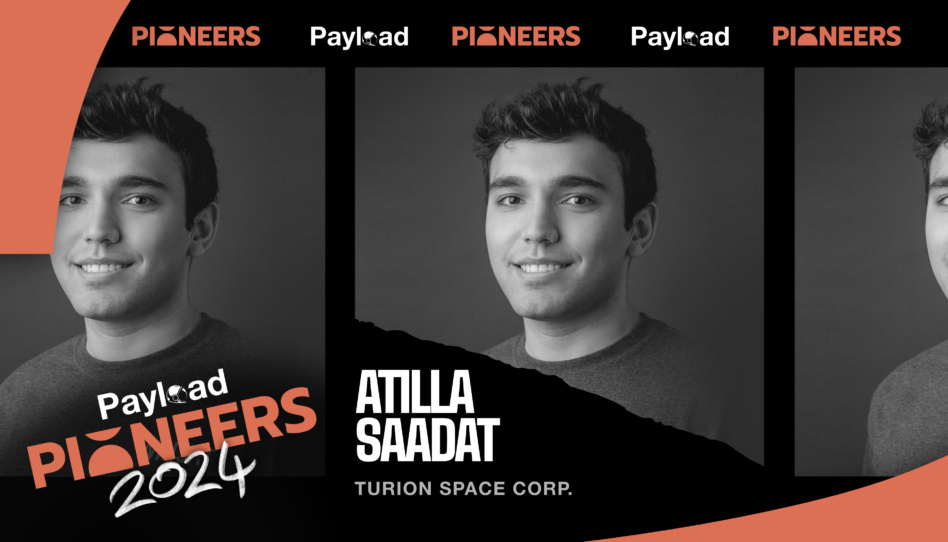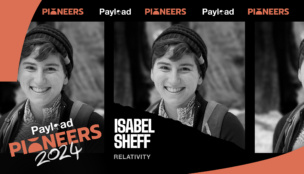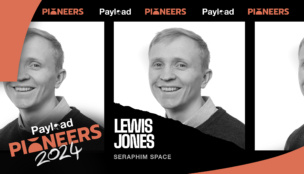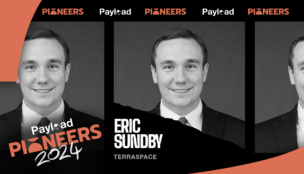Atilla Saadat always thought space was an inaccessible domain and not a career option for him—until he discovered CubeSats.
As an undergraduate student at the University of Windsor, he founded the school’s Space and Aeronautics team, bringing together dozens of students to win Canada’s Satellite Design Challenge. Ever since, the 27-year-old has pushed the boundaries of satellite tech and encouraged others to make their own impact on the space industry.
Max potential: As the driving force behind much of Turion Space’s technology stack, Saadat is enabling systems to better track non-Earth objects in space. Saadat and the team are developing the company’s Guidance, Navigation, and Control algorithms, contributing to the GNC systems for the Droid.001 and Droid.002 satellites. In this role, he worked closely with HEO to successfully calibrate the satellite’s onboard camera, which has been vital in increasing Turion’s space domain awareness.
“Our slogan for Droid.001 was ‘Just get it up there,’” Saadat told Payload. “It was very much a prototype satellite, and then we basically got it to the point where now we’re doing almost 24/7 operations…and we’re hitting the capability of that spacecraft to the fullest extent.”
Open door: Saadat’s day job is focused on ensuring that the orbital highways remain safe for future use, but his free time is spent building up the future of the space industry. He works as an aerospace education officer for the US Civil Air Patrol Squadron to help inspire the next generation of space industry professionals.
He’s also involved with the American Institute of Aeronautics and Astronautics (AIAA), where he’s working to promote cross collaboration in the aerospace industry.
His work hasn’t gone unnoticed: In addition to being named a Payload Pioneer, he was also recognized by Space and Satellite Professionals International’s 20 under 35.




